I was raised in Bristol, England in a typical middle-class suburb. During the ’70s and ’80s, television and movies were my favorite distraction, especially anything from the USA. The backdrop of the North American scenery was the perfect antidote to the humdrum of the English city suburbs and countryside.
Drawing on my childhood memories, the visuals of the American landscape has remained a major influence on my photography. I was also inspired by the large format film photographers of the ’60s and ’70s from North America; their seemingly ordinary looking street scenes and vistas all captured with fastidious detail.
I like to keep my pictures simple, clean and graphic, which resonates with my background in design. I also want them to be free of people and any notable present-day objects. Almost as if the image acts as a snapshot of my own childhood memories; could the picture have been taken now or forty years ago. When I photograph a scene, I like to capture everything across the frame in complete focus to give a heightened sense of reality. Given each picture is deliberately simple and mundane; the detail of the capture is just as important as the subject and becomes a character of the image in itself. My creative vision is to capture a calm and melancholic disposition in the landscape and create a scene of discernible simplicity to evoke an emotional and response from within.
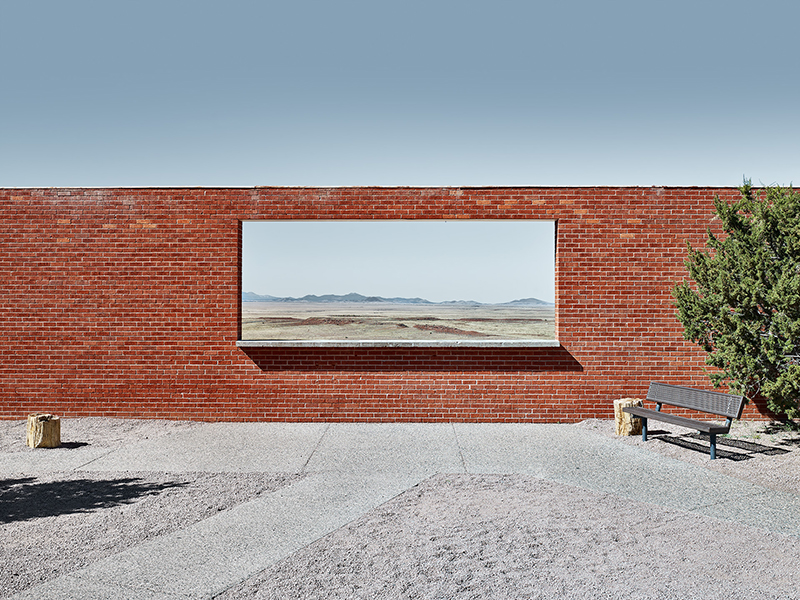
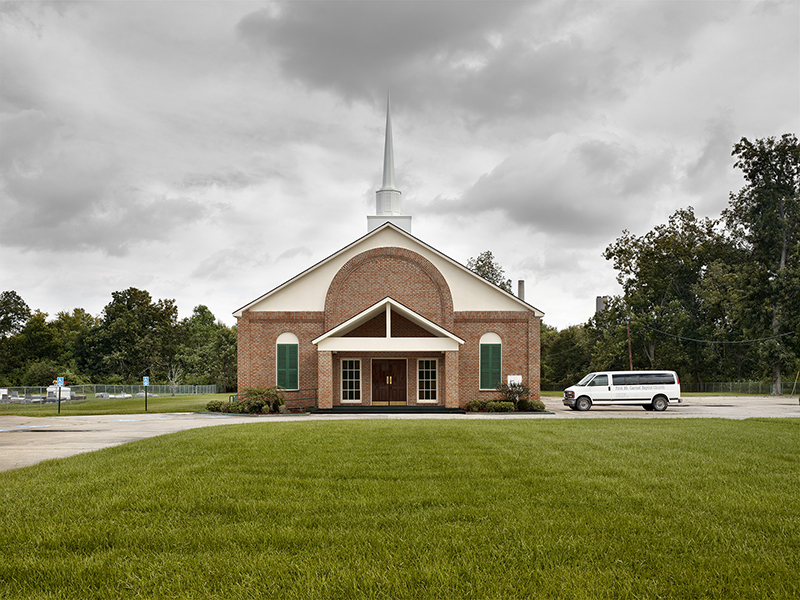
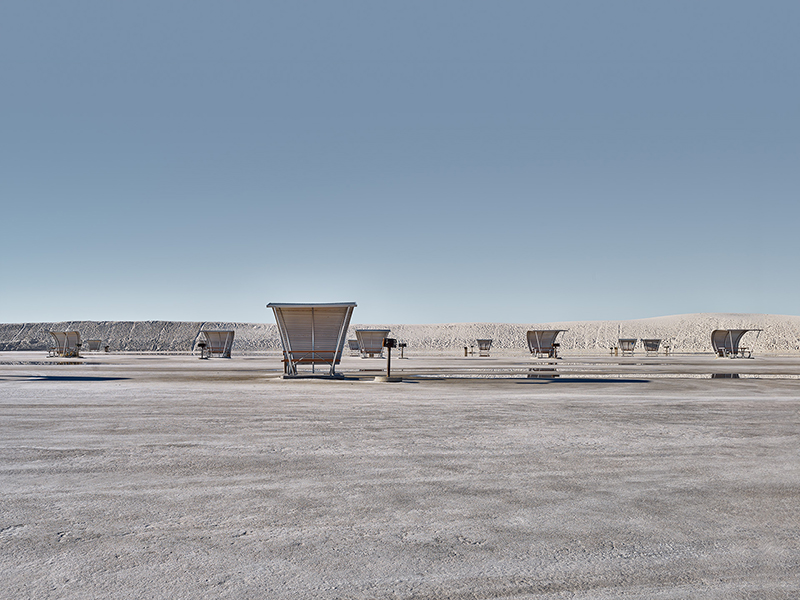
Lost America
Lost America examines a quiet stillness in a forgotten landscape that is, in a sense: ‘on-pause’.
Backwater towns and rural corners are juxtaposed with the ambiguity of detached suburbia. Places appear frozen in time, their inhabitants absent or long since departed. Ardently stagnant in their appearance, the images aim to unlock a moment of reflective contemplation and instill a melancholic feeling of familiarity.
One might not notice or acknowledge these spaces, especially when viewed within the vast stretch of America’s panorama. Yet, when framed as a single vignette, the places can appear to echo a moment of mournful reverie. Or, for some, they might behold an alluringly sombre, everlasting impression.
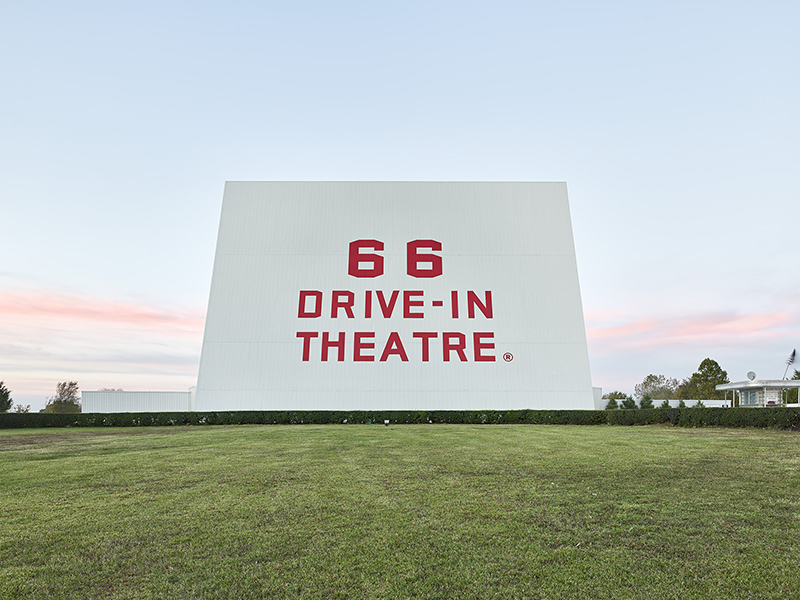
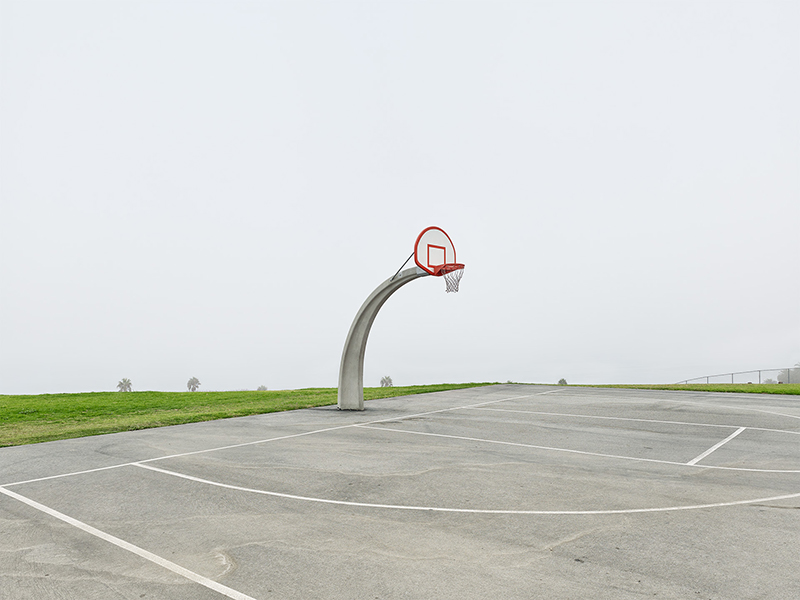
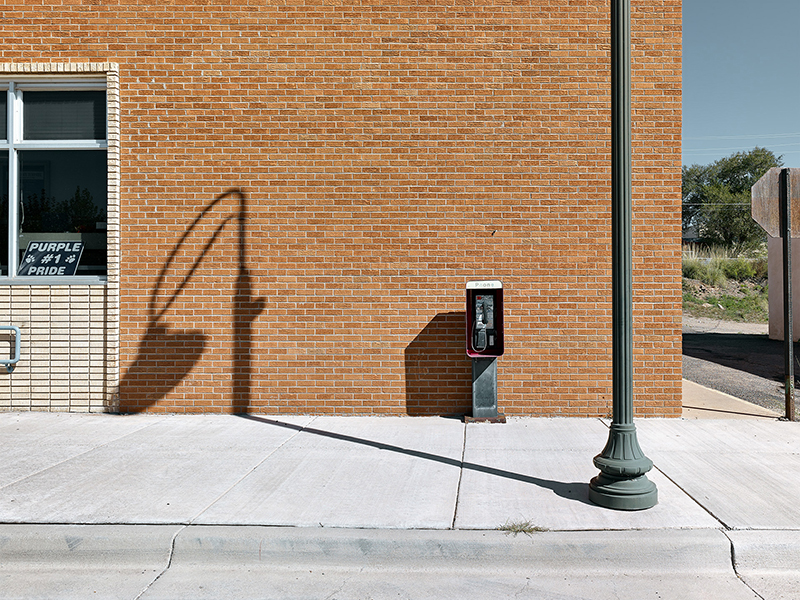
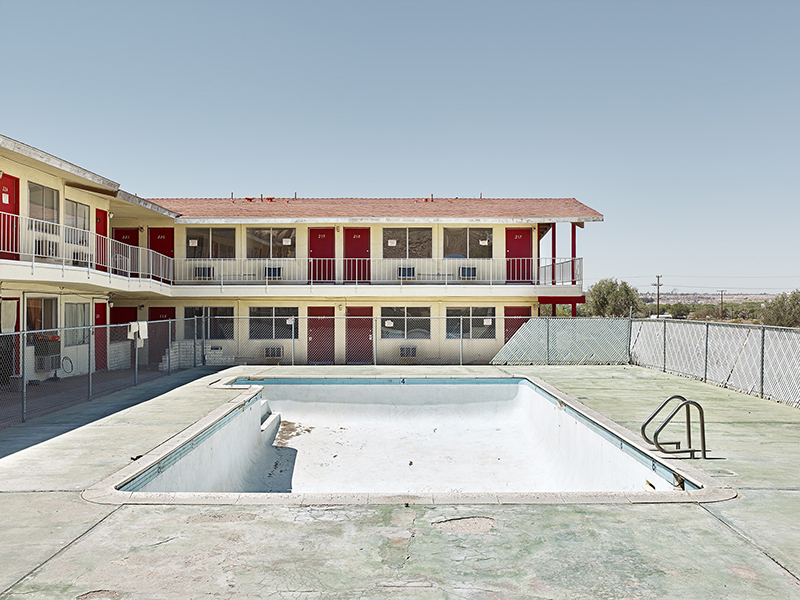
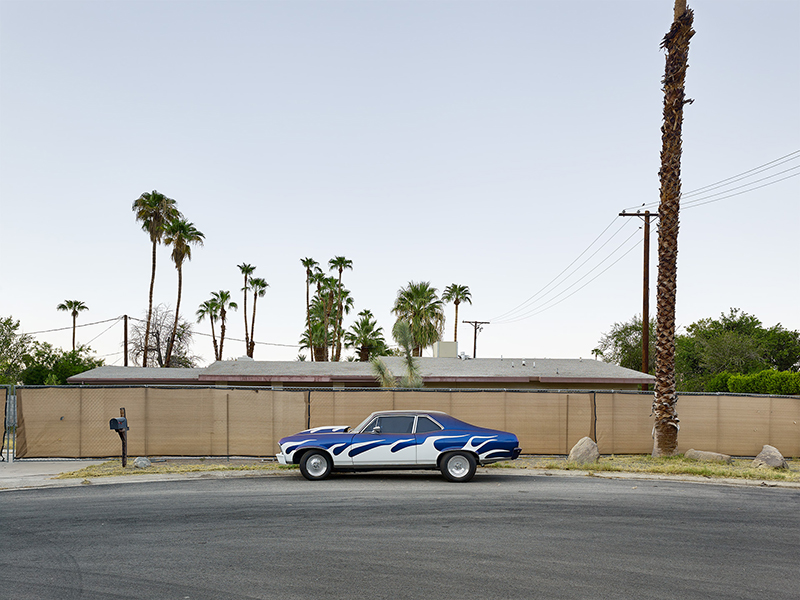
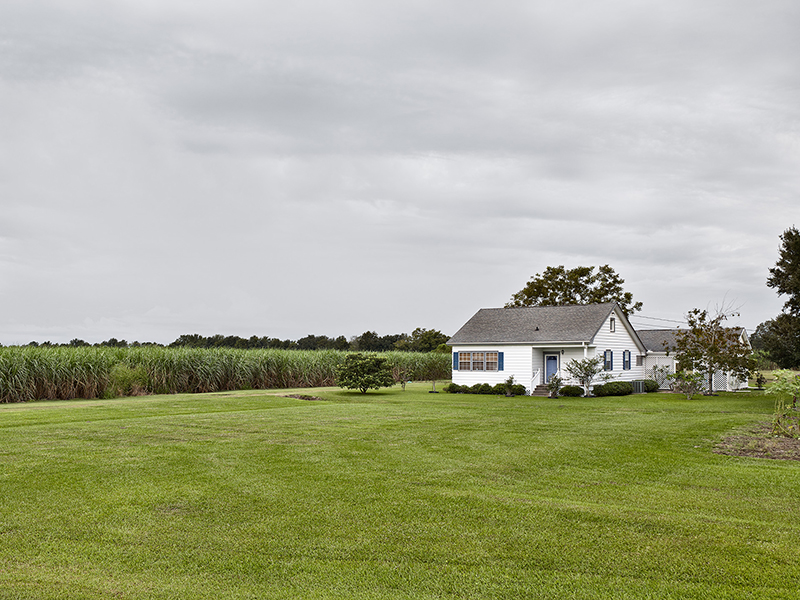
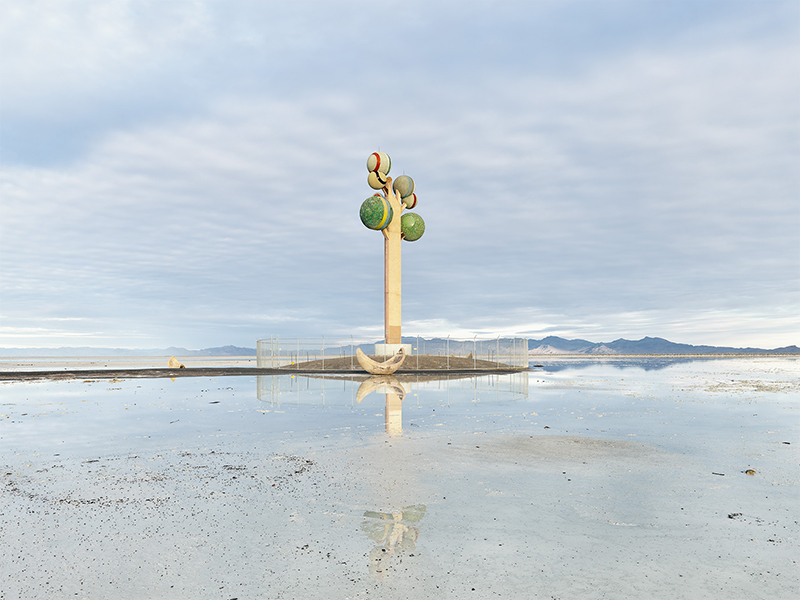
To view more of Matthew Portch’s work please visit his website.